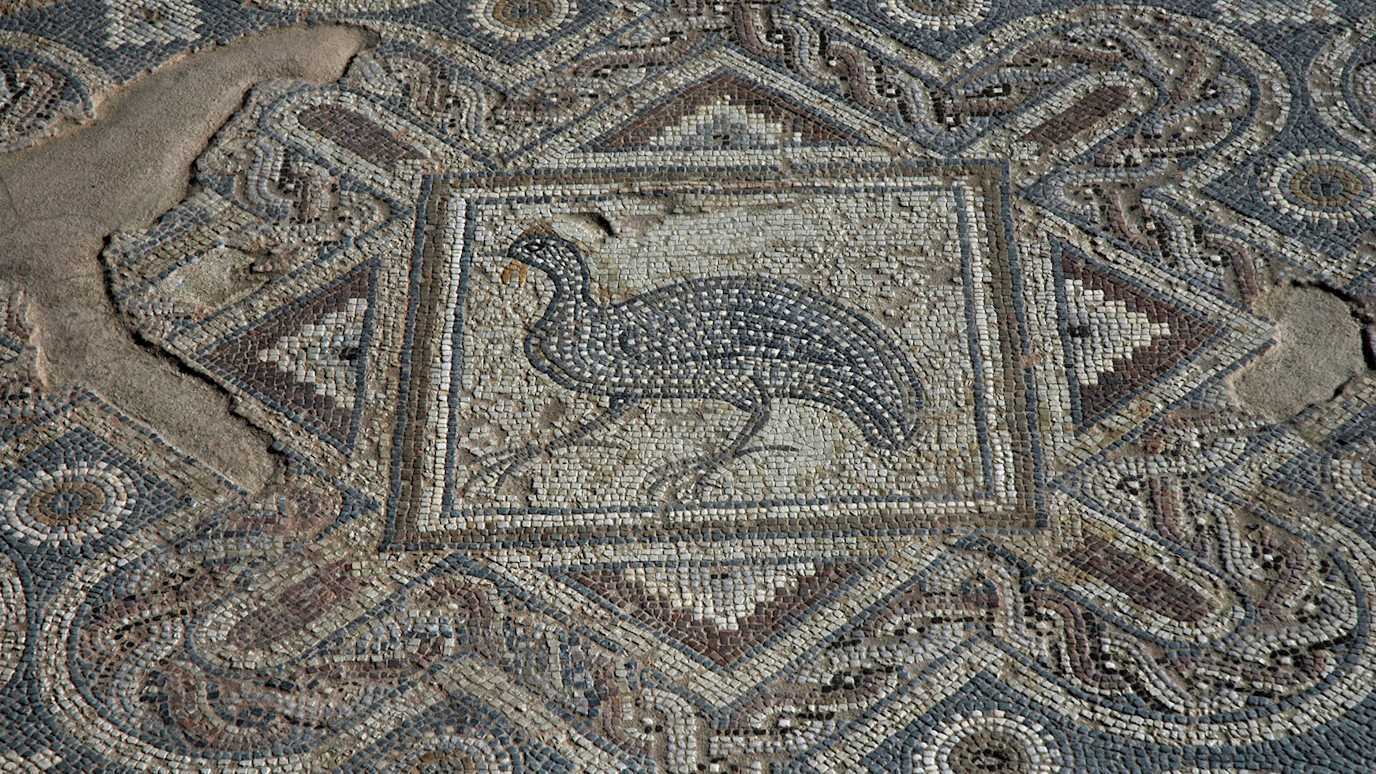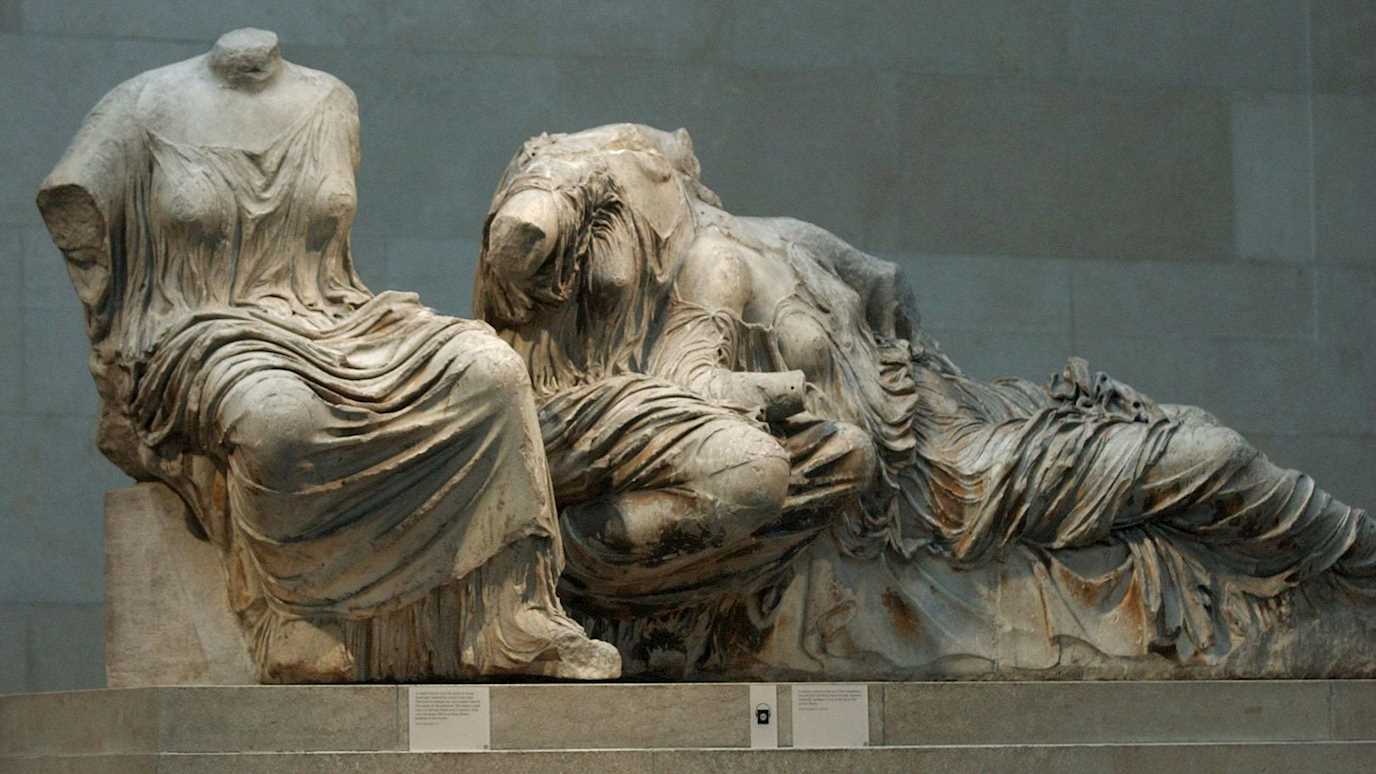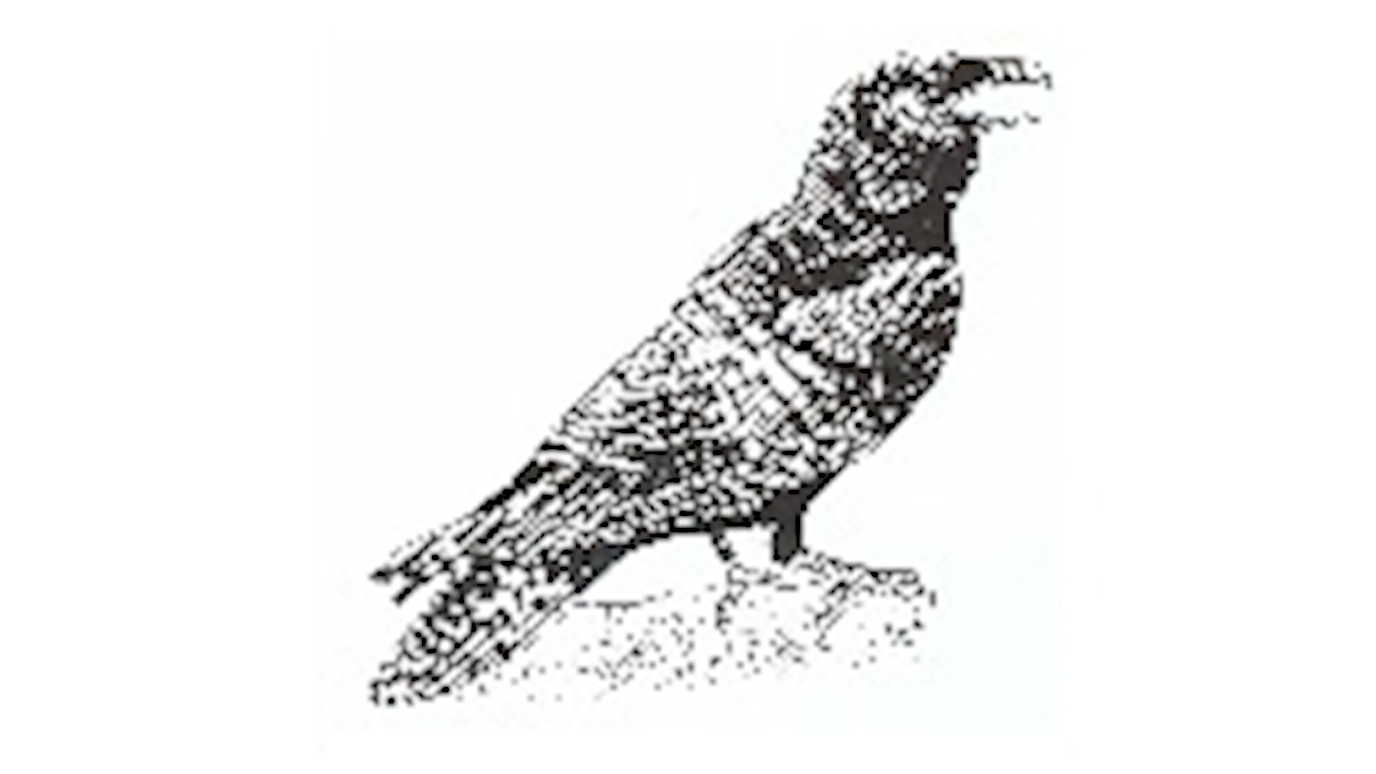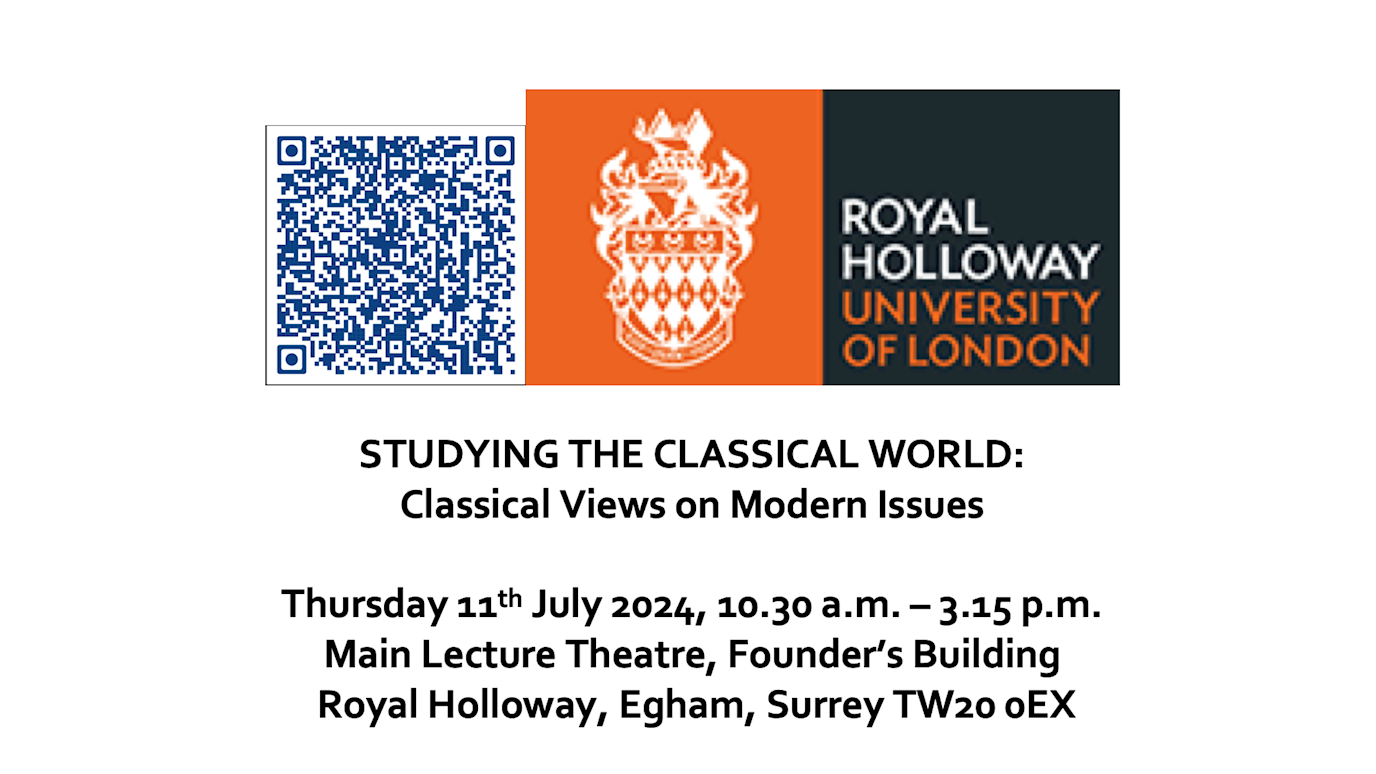The Classics Department welcomes the arrival of Dr. Emilio Zucchetti to its staff.
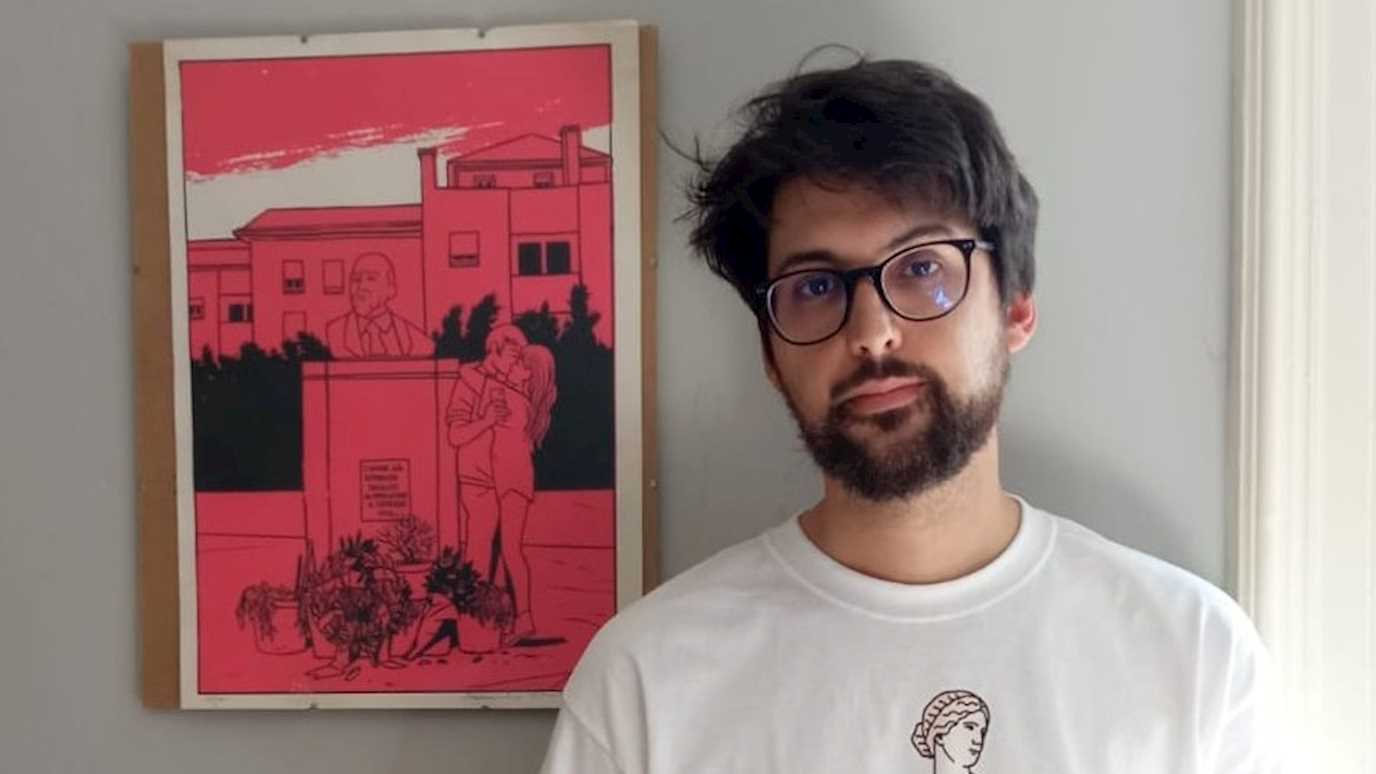
We thought that it would be best to introduce our new colleague, Emilio, by asking him a few short questions about his career and research interests:
Hi Emilio, would you mind introducing yourself, where are you from?
I am Emilio and I am a historian of ancient Rome. I was born in Montefiascone, near Lake Bolsena, in the middle of Etruria, and have always been fascinated by the ancient world.
What made you want to study the ancient world?
During my university years, my political activism and my interests in political narratives prompted me to study discordia as a concept first, and the role of informal politics, protests, and riots in the political developments of the Roman Republic.
Where did you pursue these research interests?
I received my doctorate from Newcastle University for a methodological and theoretical research project that aimed to equip a set of Marxist and Post-Marxist analytical categories for the study of social conflict in ancient Rome. Within this study, I have extensively worked on the thought of Antonio Gramsci, the most influential of Italian Marxists, and particularly on his concept of “hegemony”.
Have you conducted other research on Gramsci?
I edited the volume Antonio Gramsci and the Ancient World, an attempt to investigate various aspects of the ancient world through a Gramscian epistemology, and founded the Gramsci Research Network, which I still chair. Thanks to the network, I have also been working on the subalterns’ contribution to the formation of Classical tradition, and on how hegemony can contribute to the study of the Roman Republic.
What other research projects do you have on the go?
I am also interested in 20th century historiography and the teaching of ancient history, and namely whether and how Roman history contributed to the formation of nationalist identities. As Germanicus Scholar of the Roman Society I started working on Frank William Walbank’s archive at the University of Liverpool, which contains many fascinating items to study the history of classical scholarship in Britain in the 20th century.
To read some of Emilio's work, visit his Academia page.










